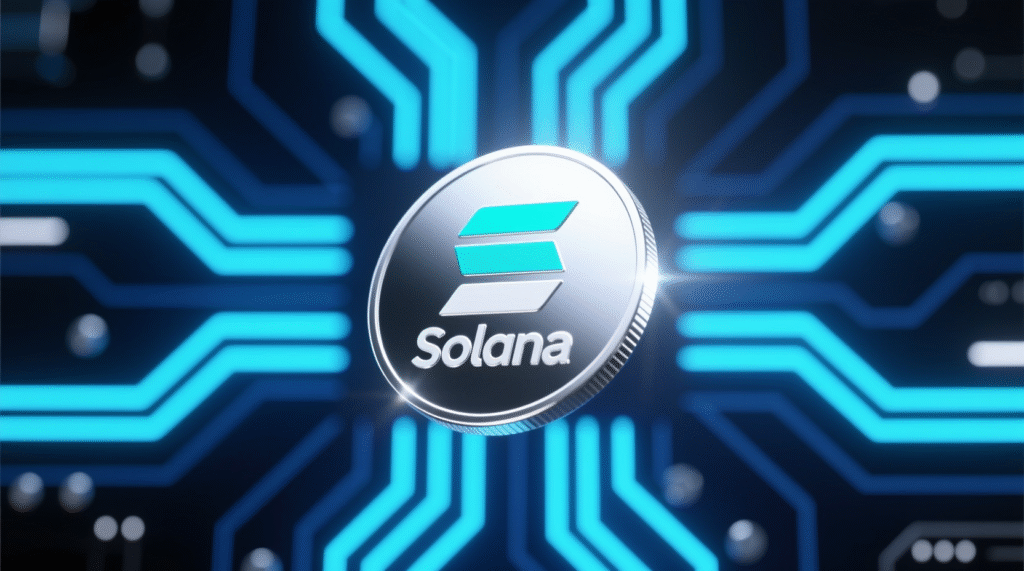Smart contracts are like the invisible engines running Web3. They power everything from NFT trades to decentralized lending, quietly making the digital world go round. But here’s the catch: most people dive in without really knowing how they work, or what half the words even mean.
Key points:
- Smart contracts power everything from NFTs to DeFi, but understanding core terms like blockchain, gas fees, and oracles helps users interact safely and confidently.
- Knowing your wallet address and protecting your private keys is key to keeping control over уour digital assets, one mistake can mean permanent loss.
- Audited smart contracts and basic knowledge of how they work can help users avoid scams, save on fees, and make smarter moves in Web3.
If you’ve ever nodded along while someone mentioned “gas fees” or “oracles” and secretly Googled it later, you’re not alone. That’s why we’re breaking down six must-know terms that’ll help you understand how smart contracts actually function, and keep you from clicking “Confirm” on something you don’t fully get.
1. Blockchain
Think of the blockchain as the home base for smart contracts, a digital neighborhood where every transaction is public, permanent, and impossible to secretly edit. It’s basically a shared ledger that everyone can see but no one can tamper with. Popular blockchains like Ethereum and Solana are where most smart contracts “live,” each recording every deal, trade, and token swap in real time. It’s transparency and accountability rolled into one.
2. Gas Fees
Gas fees are the “fuel” that keeps smart contracts running. Every time you interact with one, like buying an NFT or staking tokens, you’re paying the network to process that action. The price of gas changes based on demand: when lots of people are using the blockchain, fees go up; when traffic’s light, you might snag a bargain. Knowing how gas fees work helps you time your transactions and avoid paying more than you need to.
Related: Kusama Reveals Detаils Of New AI Product in Recent Livestream
3. Wallet Address
Your wallet address is like your crypto home address, but instead of “123 Main Street,” it’s a string of letters and numbers. It’s how smart contracts know where to send or receive your digital assets. One tiny typo, though, and your tokens could vanish forever. So before you click “send,” double-check that address, because in the world of blockchains, there’s no undo button.
4. Private Keys
If your wallet address is your home address, your рrivate key is the key to your front door. It proves you own your crypto and gives you control over smart contract interactions. Lose your private key, and you lose access, pеrmanently. No password resets, no tech support. That’s why pros keep their keys safe in cold wallets or secure password managers.
5. Oracles
Smart contracts can’t see the world outside their blockchain bubble. That’s where oracles come in. They’re like messengers that bring real-world data, stock prices, sports scores, even weather reports, onto the blockchain. With oracles, smart contracts can do more than just swap tokens; they can trigger events based on real-world conditions, like paying out a farmer’s insurance if a drought hits.
Related: Shiba Inu Secures Victory on CoinGecko with New Page Update
6. Audit
When you hear that a smart contract has been “audited,” that means security experts have combed through its code to check for bugs or vulnerabilities. It’s like getting your car inspected before a road trip, if something’s off, you want to know before you hit the gas. Audited smart contracts give users more confidence that their assets are safe and the rules work as intended.
Understanding these terms won’t just make you sound like you know your stuff, it’ll help you interact with smart contracts safely, confidently, and maybe even like a pro.
Mastering the Basics Before Trusting Smart Contracts
Learning the language of smart contracts isn’t just about sounding like a blockchain insider, it’s about protecting your assets and making smarter moves in Web3. Every click, swap, or signature is a small but powerful moment of control, and knowing what terms like “gas fees” or “oracles” mean gives you an edge. The more you understand, the harder it is to fall for scams or make expensive mistakes.
Think of it like driving a car. You don’t need to build the engine to get behind the wheel, but you should know what the pedals do before you hit the road. The same goes for smart contracts: before you click “Confirm,” make sure you actually know what’s happening under the hood.












